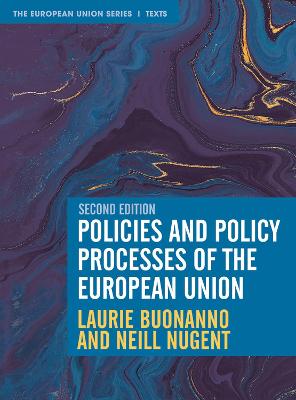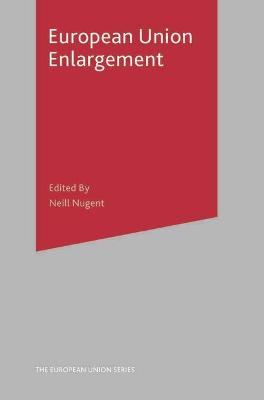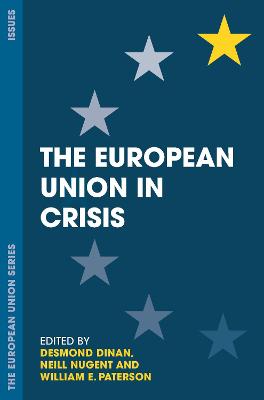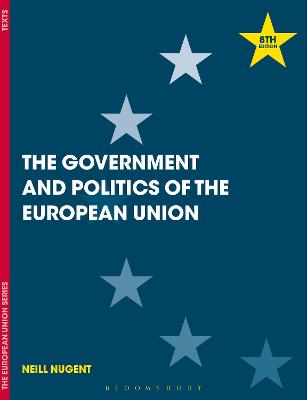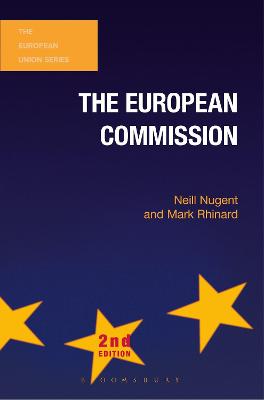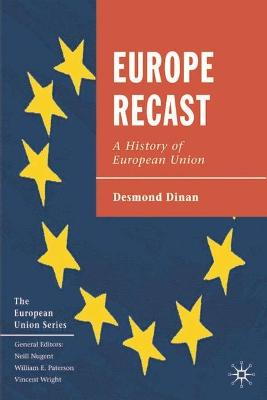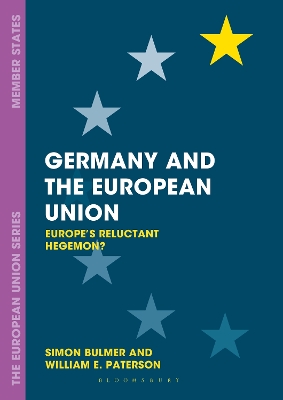The European Union
8 total works
Policies and Policy Processes of the European Union
by Laurie Buonanno and Neill Nugent
New to this Edition:
- Each chapter rewritten, many extensively, throughout
- New chapters on migration and border control, competition policy, and social and cohesion policies.
- New illustrative material and many new examples
- Each chapter now includes a Guide to Further Reading
Accompanying online resources for this title can be found at bloomsburyonlineresources.com/policies-and-policy-processes-of-the-european-union. These resources are designed to support teaching and learning when using this textbook and are available at no extra cost
The European Union in Crisis
by Desmond Dinan, Neill Nugent, and William E. Paterson
Acclaimed author and academic Neill Nugent has written a comprehensive text, enabling students with no prior knowledge of the EU to master the subject. By detailing the historical evolution of European integration, Nugent gives the necessary context to his exhaustive analysis of policies, process, institutions and treaties. This has grown to include two new chapters on Member State Relations and Interest Representation. The final section considers concepts and theories with EU studies, providing a succinct, accessible introduction to theory, which can be read as standalone chapters.
With a new structure to increase readability and packed with numerous pedagogical features - document excerpts, case studies, maps figures - and supported by a fully stocked companion website with resources for both students and lecturers, this text is an essential for students new to EU studies.
This new edition offers:
- New chapters on Member State relations and interest representation
- Updates on all main institutions, policies and processes
- Authoritative coverage of the main institutions, policies and processes of the EU
- Redesigned textbook with even more pedagogical features
- New companion website including updates, data resources, PowerPoint slides and test questions
What progress has the Commission made in addressing these issues under Romano Prodi? What are its prospects in face of the new challenges of Eastward enlargement? How great is its influence and how does this vary according to issues and circumstances? What are the implications of its hybrid character as a political and administrative body? How much has the Commission changed over time and how much - and how - does it need to change now?
Written by a leading authority and author of the best-selling introductory text on the EU, this major new text provides the definitive introduction to, and assessment of the Commission, its evolution, composition, organisation, character, functioning and role. Comprehensive, up to date and based on extensive original research it will be essential reading for students of European integration; politicians, policy makers and functionaries; and anyone with a serious interest in the European Union, its current character and future prospects.
The jury commented 'It is impossible to study or understand European integration without understanding Germany’s role and place in this. This book is therefore a must-read'.
This new textbook offers a path-breaking interpretation of the role of the European Union’s most important member state: Germany. Analyzing Germany’s domestic politics, European policy, relations with partners, and the resultant expressions of power within the EU, the text addresses such key questions as whether Germany is becoming Europe’s hegemon, and if Berlin’s European policy is being constrained by its internal politics. The authors – both leading scholars in the field – situate these questions in their historical context and bring the subject up to date by considering the centrality of Germany to the liberal order of the EU over the last turbulent decade in relation to events including the Eurozone crisis and the 2017 German federal election. This is the first comprehensive and accessible guide to a fascinating relationship that considers both the German impact on the EU and the EU’s impact on Germany. This book is the ideal companion for undergraduate and postgraduate students who are studying the European Union or German Politics from the perspectives of disciplines as wide ranging as Politics, European Union Studies, Area Studies, Economics, Business and History. It is also an essential resource for all those studying or practicing EU policy-making and communication.
